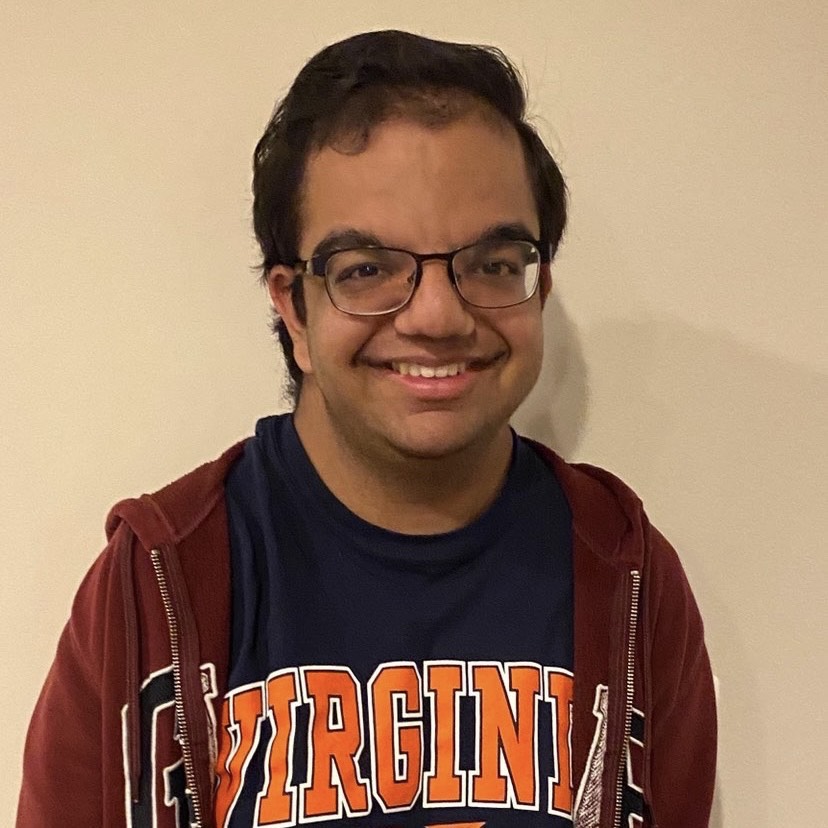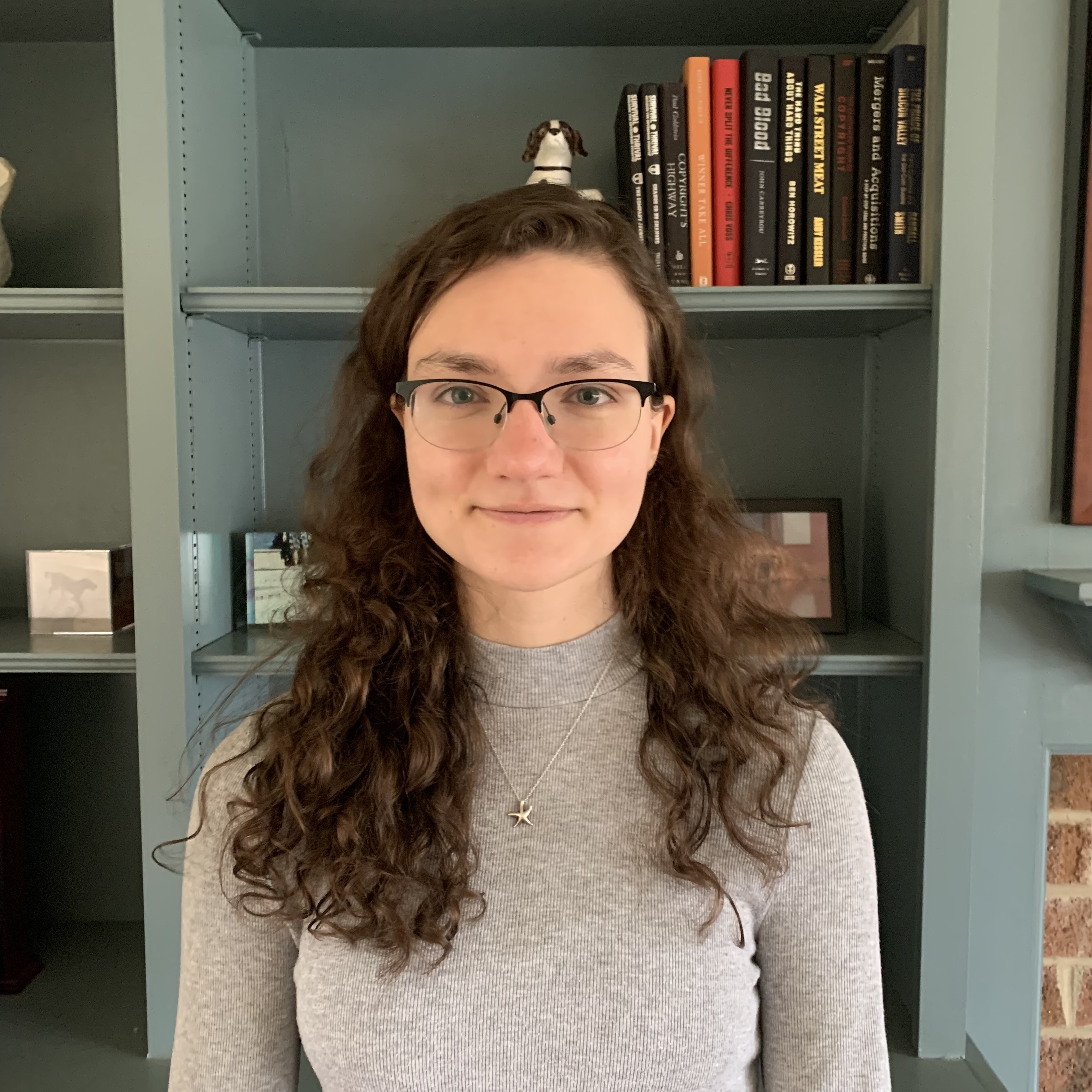This syllabus is not yet finalized, and is subject to change until distributed on the first day of class. The course website is managed through a public github repository, so you can see past versions there. The version as posted on the first day of class is here.
Overview
Course Description: The goal of this course is to understand the fundamental limits on what can be efficiently computed in our universe and other possible (or imaginary) universes. These limits reveal deep and mysterious properties about information, communication, and computing, as well as practical issues about how to solve problems.
Two fundamental questions about any problem are:
- Can it be solved using a machine of a certain type? (computability)
- How much does it cost to solve it? (complexity)
We explore these questions by developing abstract models of computing machines and reasoning about what they can and cannot compute efficiently. A main goal of this course is for you to understand how theoretical computer scientists reason about these questions, and connecting that theory to practical questions about computing. We will also look at some applications in cryptography that take advantage of problems being hard to solve, and what can be done when a problem cannot be solved or is too expensive to solve.
Course Objectives: Students who complete the course will:
-
Improve their mathematical thinking skill and habits, including thinking precisely about definitions, stating assumptions carefully, critically reading arguments, and being able to write convincingly.
-
Be able to understand both finite and infinite formal models of computation and to reason about what they can and cannot compute.
-
Understand both intuitively and formally what makes some problems either impossible or too expensive to solve with a computer, and what can be done in practice when an unsolvable or intractable problem is encountered.
-
Reason formally about the cost of computation, and be able to prove useful bounds on the costs of solving problems, including showing that certain problems cannot be solved efficiently.
-
Learn about some interesting aspects of theoretical computer science, and why understanding them matters even if you are only interested in building practical computing systems.
Class Meetings: The full class meetings of the course are scheduled for Tuesdays and Thursdays, 9:30 – 10:45am in Olsson 120.
Preparation
Official Prerequisites: To enroll in cs3120, students must have completed CS 3100 (DMT 1) or CS 4102 (Algorithms) with a grade of C- or better.
Expected Background: We expect students entering cs3120 to be comfortable using proof techniques from DMT1 including proof-by-contradiction, using quantifiers, and induction. From DSA2, we expect students to have good understanding of the most common asymptotic operators (Ο (``big-O'') and Θ) and how to use them to talk about algorithm costs, reductions, and understanding recursive definitions and problem solving.
Programming: We also expect students to be able to read and write short programs. We will use the Python programming language for some assignments in the class. It is not necessary to have previous experience with Python, but you should have enough programming experience to be able to pick up what you need to read and write short Python programs on your own. If you do not satisfy the prerequisites, you should meet with one of the instructors to discuss whether you should take the class.
Course Staff
Instructors: The course is co-taught by Mohammad Mahmoody (mohammad@virginia.edu) and David Evans (evans@virginia.edu). Feel free to contact either of us with any questions about the course, computer science, or anything else you think we can help with (but please read the section below on communications to determine if it would be better to post a message in discord before emailing us). For most course-related questions, it is best if you include both of us in your email.
Teaching Assisants:

Leah Baetcke

Adam Bornemann

Catherine Johnson

Alexander Sosnkowski

Claire Yoon
Office Hours: The full office hours schedule is available on the course calendar.
Learning Materials
Textbook: Boaz Barak, Introduction to Theoretical Computer Science.
This is an open textbook that is freely available from https://introtcs.org under a Creative Commons license. In addition to costing $271.95 less than the traditional textbook for this class, this book takes a modern and innovative approach to introducing theory of computation which has several advantages (and a few disadvantages) of the traditional approach (which we will discuss some in class, and be happy to elaborate on during office hours). We plan to follow the organization and material in the textbook fairly closely, but will also cover some topics that are not included, and present some of the material in ways that are different from how it is presented in the book.
In addition to the course textbook, a few readings will be assigned from other (freely available) sources.
Video Lectures: Materials will include links to relevant (and maybe some irrelevant) videos that cover the material students are expected to learn in the course. These videos are mostly edited recordings of lectures from previous versions of this course, but also will include some additional videos and other materials.
Communication
We will primarily use the course website for posting course materials, and use the course discord for interactive communications.
Course Website: We will post all course materials at https://uvatoc.github.io.
Course Calendar: We will keep course deadlines, office hours, and other events on a public google calendar. Students are expected to subscribe to this calendar and be aware of deadlines that are posted there.
Discord: We will use the course discord server for most other
course communications (you will receive information on joining the
server by email). We expect students to receive messages we send to
the #general channel as well as any direct messages we send to you
on discord.
If you have questions about course materials or assignments that will
be relevant to other students, please ask them in the #general
channel. This will get the fastest response, since all of the course
staff and students will see your question there and be able to respond
to it. We are also working to setup channel for asking questions
anonymously, and will provide more details on this soon.
Although Discord enables “real time” communication, you should not expect instant answers to questions there, but should expect a response within 24 hours.
Email: Managing email for a large class like this is difficult, and you should use the course discord for questions about the course content that are relevant to all students. If you have personal questions or things to discuss with the course staff, please do this by emailing us (evans@virginia.edu, mohammad@virginia.edu).
Assignments and Exams
Problem Sets. Most learning in this course is done by working to solve problems on your own and in collaboration with others. We will have a problem set due most weeks in the course (typically on Mondays at 9:59pm). See the course calendar for specific due dates. Each problem set will include specific directions for how to submit your solutions, and we expect students to read and follow these carefully. Each problem set will state a clear collaboration policy (which typically will allow you to discuss problems with others, but require that you write up your solutions by yourself and understand everything in it) and we trust and expect students to follow these policies vigilantly.
Quizzes. We will have regular quizzes due most Wednesday at 9:59pm (and posted the day before). These quizzes are designed to be quick ways to check your understanding, and will be (mostly) automatically graded. Quizzes will be done on your own, without using any resources.
Exams. We will have two exams in the course:
- Midterm Exam: In class on Thursday, 2 March 2023.
- Final Exam: Thursday, 11 May, 2:00pm - 5:00pm.
No collaboration is permitted on the exams. Students may construct a one-page (letter-size, two-sided) reference sheet for use during the exam, but all other resources are forbidden (no internet, textbook, other humans, magnification instruments, etc.). We will provide detailed guidelines on what to expect on each exam, but you should expect them to focus on the most important concepts covered in the course with problems that you should be well perpared to solve if you understand the problems from the problem sets well.
Extensions and Late Submissions. Extensions will be granted to individual students on a case-by-case basis. We are more likely to respond positively to an extension request if it is made well before an assignment is due and provides a reasonable justification for the extension. To request an extension, use this form:
We are sympathetic to situations where a traumatic late event prevents you from being able to complete an assignment, and appreciate you bringing these to our attention even if the deadline has passed.
If you find that you will be unable to make one of the scheduled exams, contact the course instructors immediately.
Grading
We encourage students to spend your energy focusing on what you are learning, instead of worrying about your grade.
That said, we understand students are often stressed about grading and understandably want to know how grades will be determined. We aim to grade in a way that is useful (provides students with accurate measure of how well they understood what they should), motivating (encourages the behaviors we prefer, including hard but not obsessive work), fair (assigned higher grades to more deserving students), robust (arbitrary small perturbations do not have a material impact on someone’s grade), and low stress (for both students and the course staff).
For this reason, we choose not to prescribe a singular mathematical formula for quantitatively assigning letter grades but do provide a formula that can be used to compute a lower bound on the grade you receive in the course:
| Item | Standard Weighting |
|---|---|
| Problem Sets (10 expected) | 42% (but with later assignments counting more) |
| Quizzes (9 expected, with one make-up) | 10% |
| Midterm Exam | 18% |
| Final Exam | 30% |
With the exception of cases of academic dishonesty or inappropriate behavior, we guarantee that you will a grade that is not below the grade that would result from computing your score using the percentages in the table, where your score for each item is the ratio of the score you received to the target score for that item, and the grading scale is based on the standard decades (e.g., 0.87 = B+, 0.9 = A-, 0.93 = A).
This is a minimum grade, though, and we generally want to assign a grade that reflects the best possible interpretation of all you have done during the semester. This means we consider your performance throughout the course, and will examine grades using a variety of different methods that weights different aspects differently and rewards performance improvements, but also allows consistent performance to make up for one slip-up.
An “A” grade means we are convinced that you can use the material in this class to solve new problems and understand it well enough to explain most concepts in the class. A “B” grade means we are convinced that you understand the main ideas in this class well enough to be well prepared for a follow-on course (i.e., one that has this as a pre-requisite).
Although the material we cover is challenging, and the pace may seem overwhelming at times, we are confident that all students who put effort into this class and take good advantage of available help will do well.
Bonus Points. We hope students will go beyond the provided assignments and do other things to contribute to the class as well as beyond. We provide some concrete opportunities for this in the form of Challenge Problems, but also will award bonus points for relevant and creative activities that students invent on their own. We also offer bounty bonuses for contributions to the course textbook: having a Pull Request accepted by the author is worth bonus points, even if it is just a simple typo fix.
Honor Expectations
We believe strongly in the value of a community of trust, and expect all of the students in this class to contribute to strengthening and enhancing that community.
The course will be better for everyone if everyone can assume everyone else is trustworthy. The course staff starts with the assumption that all students at the university deserve to be trusted.
To ensure that expectations are clear to everyone, all students are required to read, understand, and sign the course pledge: https://uvatoc.github.io/pledge.
Collaboration Policy: We believe it is important for students to learn by thinking about problems on their own, so it is expected that each student studies the provided materials and attempts to solve the problems on their own. After that, you are welcome to also discuss problems on the problem sets with students and others.
Many problems in this course will be selected from problems used in previous courses, as well as well known problems. The goal of these problems is to lead students to develop understanding of the underlying concepts by working through the problems themselves and in discussions with others, and this goal would be defeated if you instead use posted solutions to the problems. Other than using solutions to the specific problems you are given, students are encouraged to use any other resources they find helpful.
The collaboration policy will be described on each assignment document. We aim to make the language describing the policy as clear and unambiguous as possible, but if anything is ever unclear about the stated policy for an assignment, please clarify with the course staff. The penalty for policy violations will be considered on a case-by-case basis, with a penalty commensurate the severity of the offense.
Additional Information
Special Circumstances: The University of Virginia strives to provide accessibility to all students. If you require an accommodation to fully access this course, please contact the Student Disability Access Center (SDAC) at (434) 243-5180 or sdac@virginia.edu. If you are unsure if you require an accommodation, or to learn more about their services, you may contact the SDAC at the number above or by visiting their website https://studenthealth.virginia.edu/sdac
Accommodations: It is the University’s long-standing policy and practice to reasonably accommodate students so that they do not experience an adverse academic consequence when serious personal issues conflict with academic requirements. Although University policy only recognizes religious accomodations, the course instructors believe they are many other valid reasons for accomdations that are at least as justifiable as ones for religious observance and consider family obligations, personal crises, and extraordinary opportunities to all be potentially valid reasons for accomodations. Students who wish to request accommodations should submit their request to Prof. Mahmoody or Prof. Evans as far in advance as possible.
If you have questions or concerns about the University policy on
academic accommodations for religious observance or religious
beliefs, visit
https://eocr.virginia.edu/accommodations-religious-observance
or contact the University’s Office for Equal Opportunity and Civil
Rights (EOCR) at UVAEOCR@virginia.edu or 434-924-3200.
Safe Environment: The University of Virginia is dedicated to providing a safe and equitable learning environment for all students. To that end, it is vital that you know two values that we and the University hold as critically important:
- Power-based personal violence will not be tolerated.
- Everyone has a responsibility to do their part to maintain a safe community on grounds (including in virtual environments).
If you or someone you know has been affected by power-based personal violence, more information can be found on the UVA Sexual Violence website that describes reporting options and resources available: https://www.virginia.edu/sexualviolence.
As your professors and as humans, know that we each care about you and your well-being and stand ready to provide support and resources as we can. As faculty members, we are responsible employees, which means that we are required by University policy and federal law to report what you tell us to the University’s Title IX Coordinator. The Title IX Coordinator’s job is to ensure that the reporting student receives the resources and support that they need, while also reviewing the information presented to determine whether further action is necessary to ensure survivor safety and the safety of the University community. If you would rather keep this information confidential, there are Confidential Employees you can talk to on Grounds (see https://eocr.virginia.edu/chart-confidential-resources). The worst possible situation would be for you or your friend to remain silent when there are so many here willing and able to help.
Well-being: If you are feeling overwhelmed, stressed, or isolated, there are many individuals here who are ready and wanting to help. The Student Health Center offers Counseling and Psychological Services (CAPS) for all UVA students. Call 434-243-5150 (or 434-972-7004 for after hours and weekend crisis assistance) to get started and schedule an appointment. If you prefer to speak anonymously and confidentially over the phone, Madison House provides a HELP Line at any hour of any day: 434-295-8255.




